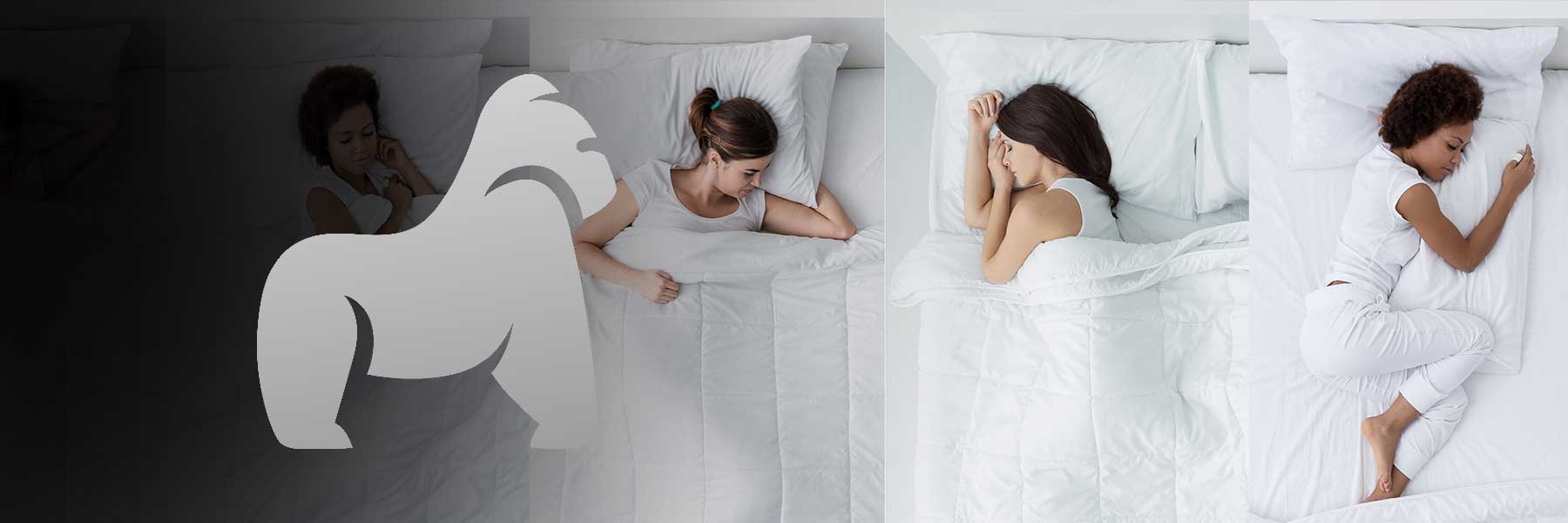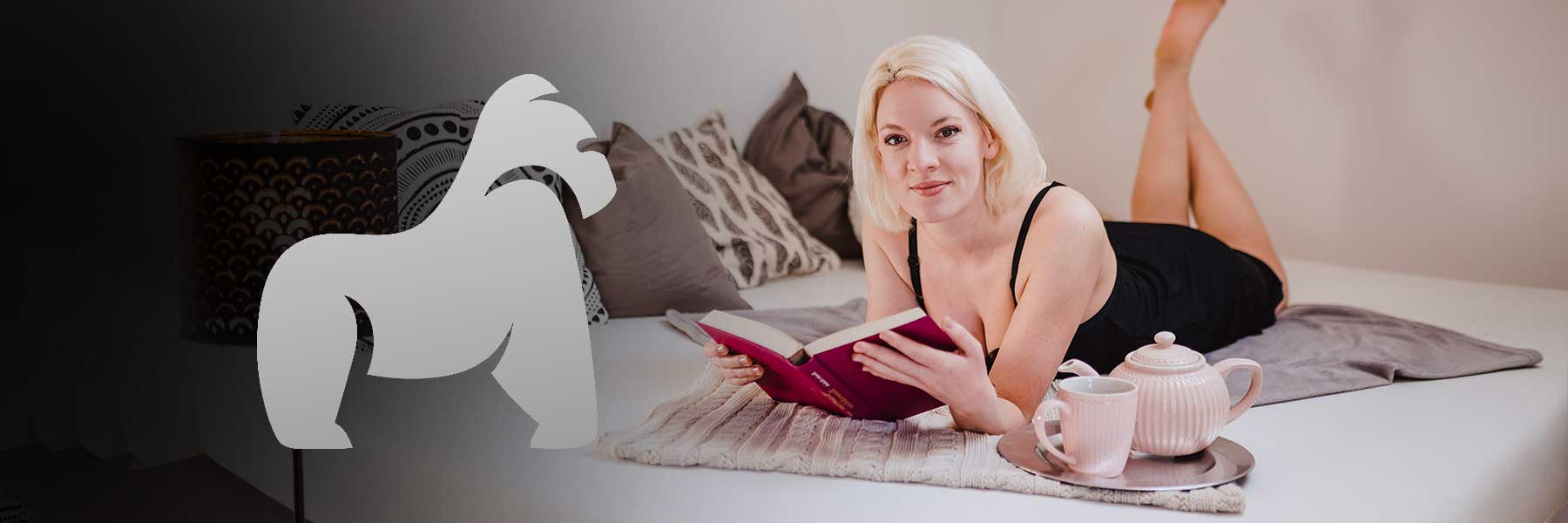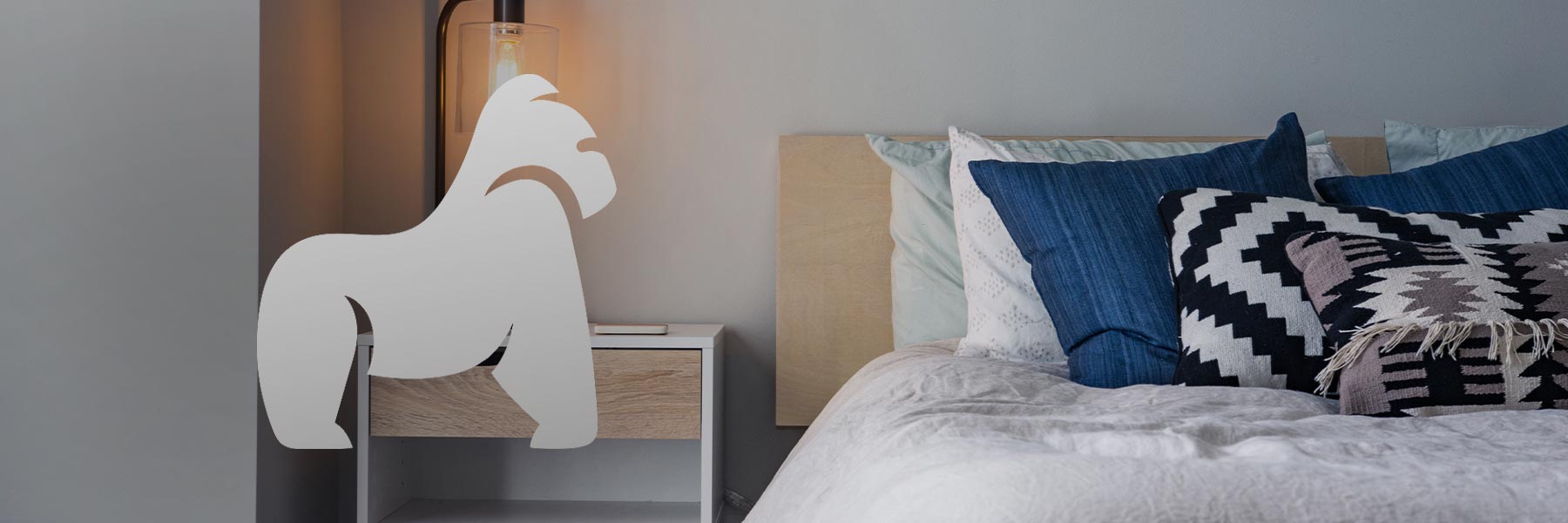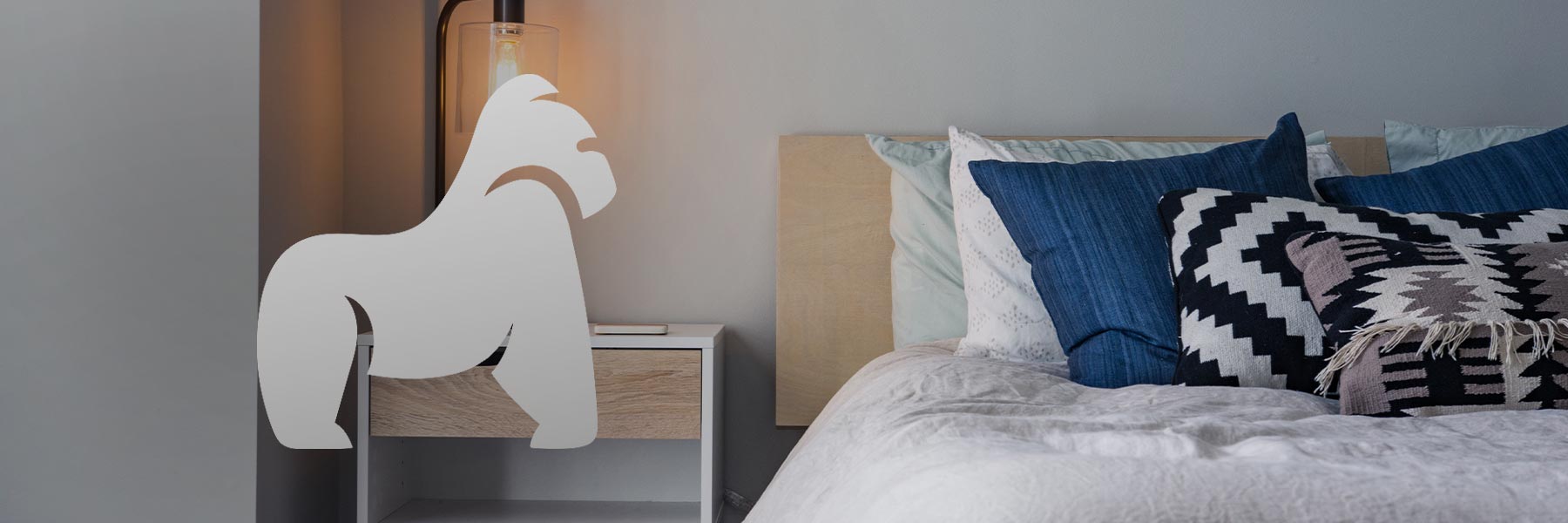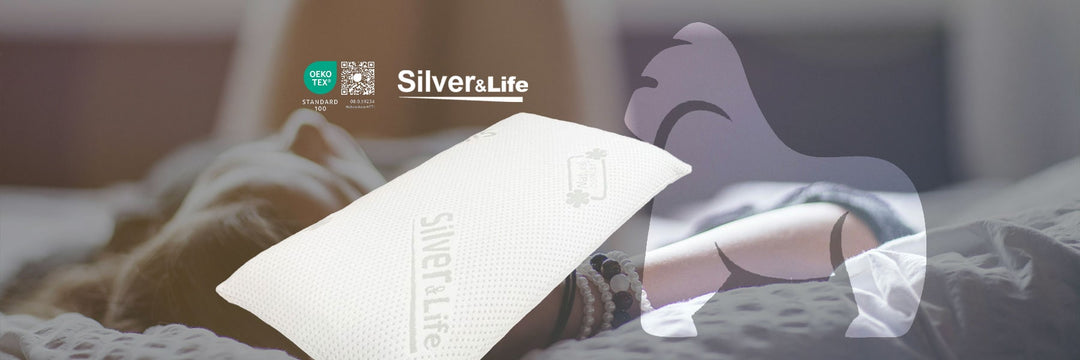
Why women may need more sleep and how this affects your well-being
A good night's sleep is crucial for a healthy lifestyle. However, women report sleep problems more frequently than men. Various factors such as hormonal changes and additional stress can affect women's sleep. This article presents three case studies that highlight possible gender-specific differences in sleep behavior and how these differences can impact the diagnosis and treatment of sleep disorders.
Why do women need more sleep than men?
There are several factors that can explain why women more frequently struggle with sleep problems than men. One of the most significant factors is hormonal changes, especially during the menstrual cycle, pregnancy, and menopause. These hormonal changes can lead to insomnia, night sweats, and hot flashes, resulting in sleep disturbances.
In addition to hormonal changes, women are also more prone to depression and anxiety and often have additional responsibilities such as childcare and housework. These factors can cause additional stress and make it difficult for women to relax and unwind before bedtime, ultimately affecting sleep quality.
Sleep needs can vary from person to person depending on factors such as age, lifestyle, and overall health. On average, it is recommended that both men and women get 7-9 hours of sleep per night.
Studies have found that women more often report sleep problems than men. The American Academy of Sleep Medicine found that women report symptoms of insomnia 1.4 times more often than men. According to a study from the USA...
- More women than men say they do not get enough sleep (54% versus 42%)
- More women than men say it is very/somewhat difficult to fall asleep (50% versus 38%) and stay asleep (55% versus 43%)
- Women also more frequently report that body pain or discomfort prevents them from having a good night's rest (45% versus 32%)
- Fewer women than men report being very satisfied with their sleep (15% versus 23%)
- The following case studies examine the differences between men's and women's sleep, including the type of reporting and possible reasons why women need more sleep.
Case Study #1
A 2013 study examined gender-specific differences in sleep duration among people with similar responsibilities in work and family. The study found that "overall and in most life stages, women slept more than men." However, the gender-specific difference was smaller when the effects of paid and unpaid work, naps, bedtimes, and sleep interruptions for caregiving were taken into account. Women's sleep duration was more affected by work and family responsibilities than men's. Interruptions due to caregiving, which occur more frequently in women, impair sleep quality.
Case Study #2
Researchers at the Loughborough University Sleep Research Center found that women "need about 20 minutes more sleep per night" than men. Professor Jim Horne noted that "women's brains are wired differently... therefore their sleep need will be somewhat greater."
"In women, poor sleep is strongly associated with high psychological stress and a stronger sense of hostility, depression, and anger... In contrast, these feelings were not associated with sleep disorders to the same extent in men."
Case Study #3
A 2014 research review highlighted the role of gender differences in sleep research and suggested that there is a lack of research on gender-specific differences in sleep disorders in women and potential gender biases. It found that women's risk of suffering from insomnia is 40% higher than men's. Women also have a higher risk of developing restless legs syndrome (RLS) and sleep apnea, both of which can impair sleep quality.
Research also shows that differences in sleep behavior and sleep disorders can be caused not only by biological factors but also by gender-specific differences in symptom description. Identifying these differences between men and women has the potential to improve the diagnosis, treatment, and prevention of sleep disorders and related conditions for everyone.
Conclusion
Sufficient quality sleep is crucial for physical and mental health regardless of gender. Although research shows that women tend to need slightly more sleep than men, it is important that all adults get their recommended 7-9 hours of sleep per night.
To improve sleep quality, one can establish a regular sleep schedule, maintain a relaxing bedtime routine, and avoid caffeine and alcohol before sleeping. Prioritizing sleep can enhance the overall health and well-being of men and women.
Maybe it's time to replace your old pillow or your old mattress to improve your sleep quality. A good pillow and a comfortable mattress also make a big difference. Explore at Gorilla Gesund how you can improve your sleep environment and establish healthy sleep habits.





